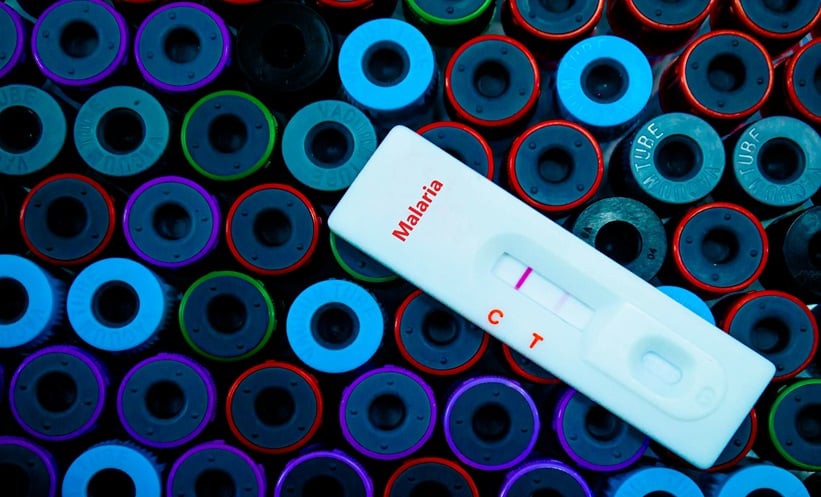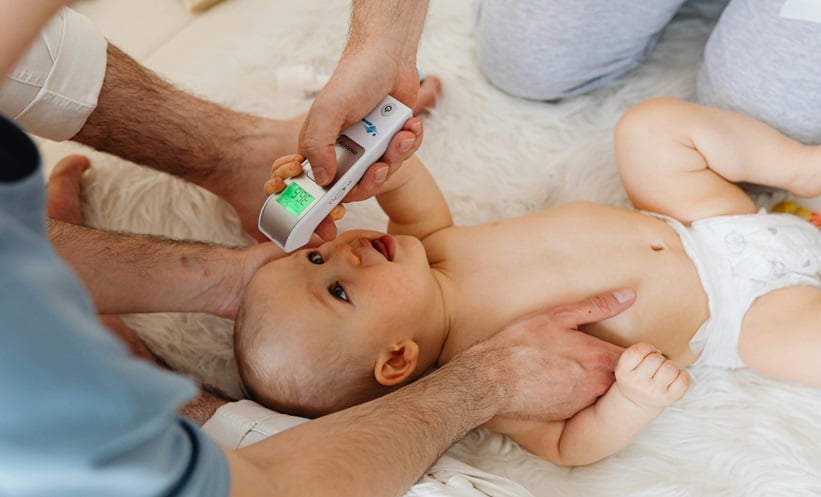THE WIDESPREAD distribution of rapid diagnostic tests (RDT) for malaria in sub-Saharan Africa has significantly improved the management of febrile illness and modestly improved survival rates for children aged under 5 years, according to new research.
Malaria remains a leading cause of mortality for children under 5 years of age in the region. The introduction of malaria RDTs, a point-of-care diagnostic tool, has transformed clinical practice by enabling prompt and accurate malaria diagnoses.
Conducted across 35 countries between 2000–2019, the research analysed data from 165 household surveys encompassing approximately 3.9 million child-year observations and 260,000 febrile illness episodes. The study found that every additional RDT distributed per child under 5 years increased blood testing by 3.5 percentage points, the use of antimalarial drugs by 1.5 percentage points, and antibiotic use by 0.4 percentage points. Simultaneously, the use of symptom-focused treatments declined by 0.4 percentage points.
Most notably, the distribution of RDTs was associated with a reduction in child mortality by 0.34 deaths per 1,000 child-years. These survival benefits were most pronounced in areas with a high malaria prevalence, emphasising the critical role of RDTs in regions where the disease burden is greatest.
However, the study also revealed the unintended consequence of increased antibiotic use, which was already high across the region. This finding highlights a need for more comprehensive approaches to managing febrile illnesses in children. Excessive reliance on antibiotics, often used as a precaution in undiagnosed febrile cases, can contribute to antimicrobial resistance, a growing global health concern.
Continued innovation and holistic strategies are essential to ensure sustainable improvements in paediatric health across sub-Saharan Africa. For clinicians, the message is clear: RDTs are a vital component of malaria care, but their use must be paired with strategies that address broader diagnostic and therapeutic needs in febrile children.
Ada Enesco, EMJ
Reference
Zhang H et al. Malaria rapid tests, febrile illness management, and child mortality across sub-Saharan African countries. JAMA. 2024;332(15):1270-81.








